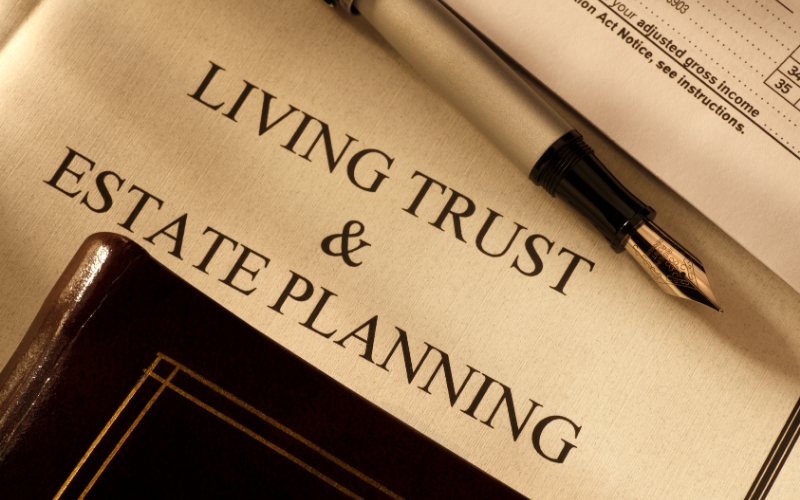What Happens If You Don't Make an Estate Plan?
- lawyer236
- Jul 16, 2025
- 3 min read

You’ve worked hard your whole life. You’ve got a house, some savings, a car or two, maybe other valuable assets. What happens if you never make an estate plan? Spoiler alert: It’s not as simple as you might hope. Let’s break it down.
No Estate Plan? The State Steps In
An estate plan is like a rulebook for what happens to your assets after you die. It says who gets your money, your house, even your favorite keepsakes. If you don’t write one—like a will or a trust—a default rulebook called “intestate succession” steps in. That’s a fancy way of saying the state’s rulebook decides who gets what.
Here’s the catch: the state’s rules might not match what you want. Let’s say you’re single with no kids. You might want your best friend to get everything. But without a will, your assets and belongings could go to distant relatives you barely know. If you are married and have children, the state of Wyoming splits it equally between your spouse and children, but you may want the entirety of your estate to go to your spouse—or vice versa. Your children may not be responsible enough to handle money, but Wyoming’s intestacy laws do not take this into account.
And it’s not just about who gets your stuff. Without a plan, your family will probably have to go to court. This is called probate—a process where a judge makes sure the rules of intestate succession or those of your will are being followed. (Setting up a trust and taking other measures can help you avoid probate.) Probate can take months or even years, and all your assets are made part of a public record.
No Power of Attorney? Chaos When You’re Alive
Now, let’s talk about power of attorney. This is when you pick someone you trust to handle your decisions when you can’t—like if you’re in a coma or too sick to think straight. There are two big types: one for money stuff (like paying bills) and one for health stuff (like telling doctors what to do).
If you don’t choose anyone, no one automatically gets the job. Say you’re in the hospital and can’t pay your mortgage or tell the doctor whether to keep you on life support. Your family can’t just step in. They’d have to ask a court to name a “guardian” or “conservator” to take charge. That’s another legal mess—more time, more money, and a judge picking someone who might not be your first choice.
Worse, if your family disagrees—like your sister wants one thing and your kid wants another—they could fight in court. Picture them arguing while you’re stuck in a hospital bed. Not fun.
Final Thoughts
You don’t need to be rich or old to plan. A basic will says who gets your stuff. A power of attorney picks someone to step in if you’re alive but can’t act. A trust can help your survivors skip probate. If you skip an estate plan and power of attorney, you’re rolling the dice. The state might give your stuff to people you wouldn’t choose, and your family could end up in court when they’re already hurting. While you’re alive, if you lose your mental capacity, no one can help you without a big hassle. It’s your life and your things—don’t let someone else decide what happens to them. Take a little time now, and you’ll save a lot of trouble later.
References
Nolo: “Intestate Succession: What Happens If You Die Without a Will?” - www.nolo.com/legal-encyclopedia/intestate-succession
American Bar Association: “Probate Basics” - www.americanbar.org/groups/real_property_trust_estate/resources/estate_planning/probate_basics
AARP: “What Is a Guardianship and Do You Need One?” - www.aarp.org/caregiving/financial-legal/info-2020/guardianship.html
LegalZoom: “What Happens If You Die Without a Will?” - www.legalzoom.com/articles/what-happens-if-you-die-without-a-will





Comments